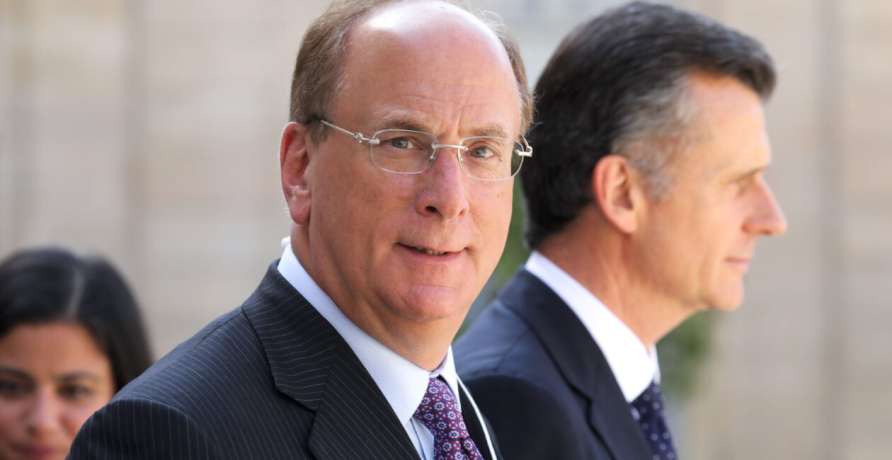Larry Fink has emerged as the point man for environmental, social, and corporate governance capitalism, broadly known as ESG. As chief executive officer of BlackRock, which holds a $10 trillion global portfolio, Fink leverages this immense power to compel companies that BlackRock invests in to comply with an aggressive climate change and diversity agenda in their operations.
Fink’s BlackRock is committed to a net-zero carbon strategy, and seeks global conformity across its clients on sustainability reporting measures, i.e., they must prove that their companies are seeking this goal.
His annual letter to CEOs is closely read, and, it would seem, followed. In 2020, he stated that BlackRock “will be increasingly disposed to vote against management and board directors when companies are not making sufficient progress on sustainability-related disclosures and the business practices and plans underlying them.”
His 2021 letter noted the valiant protests for racial justice in 2020. And concluded that companies must meet the demands of protesters: “We ask that your disclosures on talent strategy fully reflect your long-term plans to improve diversity, equity, and inclusion, as appropriate by region.”
All of this, we are told, leads to more profitable companies. For those corporate doubting Thomases, they too must learn to become profitable by following a detailed ESG disclosure regimen. But something does not quite sum here.
Last year, BlackRock sided with “Engine No. 1,” an activist investment fund that replaced directors on ExxonMobil with three of its selections because of a belief that the corporation was not seriously confronting the challenges of climate change in its business strategy. The new directors then attempted to compel the company to divest oil and gas fields in Mozambique and Vietnam. The gaping need is to look for more environmentally sustainable investments in green energy, they argued.
As a slow rolling energy crisis and its increase in demand for conventional energy has emerged in 2021 and 2022, that view is a bit precious.
From whence does Fink’s breathless enthusiasm come? And why does it find such a receptive, pliable audience? To take climate change, most of America’s, and presumably the world’s, progress in decreasing its carbon footprint will come through technological growth and the impacts this growth will have on numerous industries. Companies will find themselves more productive while using less energy.
Coerced investments in sustainable energy technologies, whose markets are heavily created by state intervention, will likely prove negligible in lowering carbon emissions by comparison.
To gain understanding of Fink’s actions, we need to go deeper into the spiritual awakening in identity politics that could reshape virtually every institution in America and the West. In “American Awakening,” Joshua Mitchell argues that identity politics is a religious revival seeking salvation by replacing the substance of justice with the supplement of mercy.
Justice is the arduous task of giving to each person what is due to them. Our voluntary institutions in work, politics, and civic associations are predicated on us attempting and generally getting this virtue right. Mercy, Mitchell observes, is the supplement when we don’t. We ask and hope to be granted forgiveness when we...
Read More HERE

2 comments:
Fuck this guy AND the horse he rode in on.
Nah, you're not fooling me.... that's Ned Ryerson from "Groundhog Day" /
Post a Comment